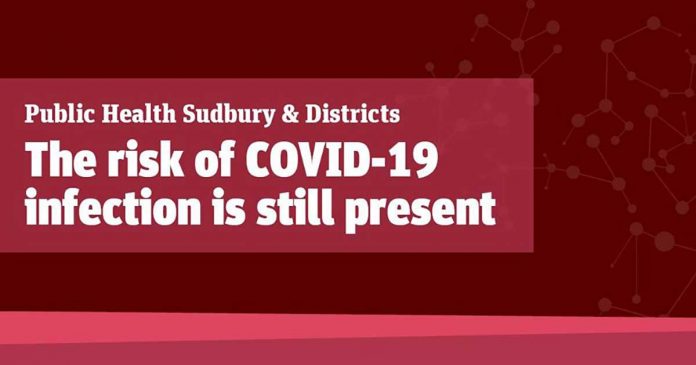ANISHINABEK NATION – Anishinabek Nation Grand Council Chief Glen Hare says that the Anishinabek Nation is still committed to treaty education in Ontario and is excited about the development of online treaty education resources that will become available in the new year.
“We’ve been saying for years that treaty education, public education will help eliminate racism,” says Grand Council Chief Hare. “We’re supporting teachers and students by making our treaty kits into online resources so that they can still learn about First Nations and the treaty relationship while at home or in the classroom.”
Treaty educator Kelly Crawford is working with Frame Sequence Photography to not only bring some of the ‘We are all Treaty People’ teachers kit lesson plans to an online platform, but also will make the ‘Alex Shares his Wampum Belt’ and ‘Dakota Talks about Treaties’ connect to the Ontario curriculum.
“In education, we are tasked with supporting the ongoing growth and development of our students. I see a parallel here in regards to the teaching profession,” says Ms. Crawford. “The journey of understanding the treaty relationship and one’s role within it can be a collaborative journey with the teacher and the students. This is what we are trying to achieve with our new online treaty education resources. It’s okay to take that journey together and have clear discussions of the realities in which we live. Educators have a role in the story of the treaty relationship.”
Minister of Indigenous Affairs Greg Rickford acknowledges the importance of treaty education.
“I commend Anishinabek Nation’s ongoing work in promoting awareness and understanding of treaties and treaty relationships,” the minister said. “Encouraging education around treaties is an important way to help nurture and advance the vital relationship between Indigenous and non-Indigenous people.”
“We are all treaty people,” Ontario Regional Chief RoseAnne Archibald said in a press release. “We all have an equal responsibility to uphold these sacred connections based on the original spirit of peace and friendship. Treaty Recognition Week provides the time and space for everyone to learn more about our shared history and sacred promises so that we can firmly stand shoulder to shoulder with one another.”
“I want to acknowledge the resiliency of First Nations communities who have upheld their sacred treaty responsibilities to the lands and waters all while protecting your communities during a global pandemic,” the regional chief continued. “The violent actions witnessed in Nova Scotia against the Mi’kmaq and Sipenkne’katik First Nation as they exercised their inherent and treaty-protected right to Atlantic lobster fishery, as protected under Section 35 of the Canadian Constitution, is a result of treaties not being recognized or respected. It is through appropriate treaty education and awareness that these actions could have been safely avoided.”
“It is our duty to ensure these treaties are known and honoured,” Regional Chief Archibald added. “During Treaties Recognition Week, I encourage all to join us as we continue to paddle in the same direction working towards full recognition of Treaties by raising awareness and beginning to have these conversations amongst your friends, families or colleagues. Treaties Recognition Week is each Canadians opportunity to take the lead on fully recognizing treaties to demonstrate a true treaty partnership to all of Canada by honouring the original spirit and intent of our sacred relationships.”
Beginning on November 2, the Chiefs of Ontario will be sharing educational resources and virtual experiences via social media that everyone can learn from and participate in, including Wampum Belt and Robinson Huron Treaty teachings and Living Library events, among other activities.
“We encourage you to participate in these activities and spread knowledge on the importance of recognizing treaties so we can ensure that everyone across Turtle Island is safe, protected and respected,” Chief Archibald said.
The Anishinabek Nation-led online treaty education resources will be available in spring of 2021.





